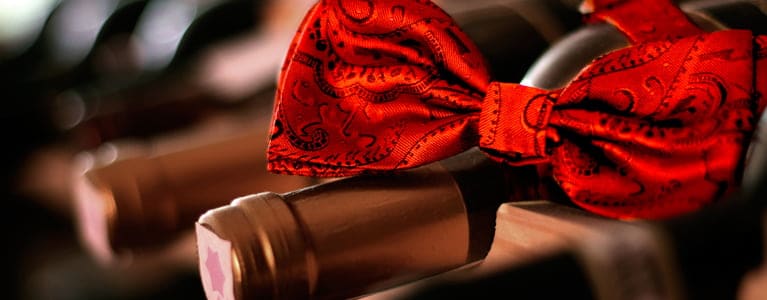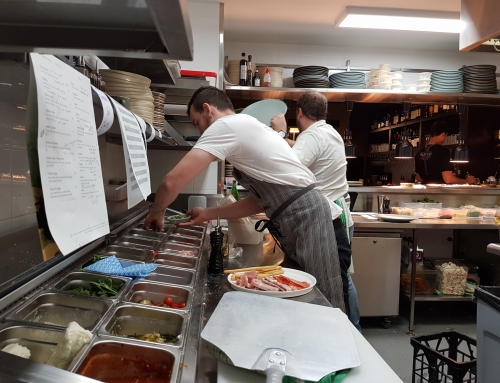It’s common to gift wine at Christmas time, but did you know the ATO treats gifts to employees different to gifts to suppliers or customers?
Firstly, any gift needs to be evaluated as entertainment or non-entertainment because this affects the decision on tax claims. Entertainment gifts attract Fringe Benefits Tax (FBT) penalties.
Stay tuned for our blog article discussing how to define entertainment.
Let’s take a look at the gift of wine and non-entertainment gifts. Other types of gifts (e.g. tickets to movies, sports or theatre) are classed as entertainment and have different obligations and are not detailed here.
There a differing rules depending on who the gift is for, employees/associates or 3rd parties (ie: suppliers, customers, contractors).
Tax Deductible Gift
Wine (gifted) is non-entertainment and does not attract FBT. You can claim a tax deduction and GST credits. But only if some conditions are adhered to.
The gift:
- Must be classed as non-entertainment. Wine is. As are other items listed at the bottom of this article.
- Must not be opened or consumed before gifting or it becomes entertainment which attracts other penalties.
- For employees: Must be a minor benefit for employees, wherein the total value of the gift is under $300 including GST. That’s the total of the gift, not each bottle of wine.
For example: 3 bottles of champagne inside a tote bag were gifted to an employee. That’s one gift to one person. The gift totals $290 including GST for all of the components.
Therefore the assessable amount is $290.00 for one gift. - For 3rd parties (customers, suppliers) the value can be higher than $300 including GST. When non-entertainment gifts are supplied to 3rd parties, they will not attract FBT regardless of their value. The employer can claim a (GST-exclusive) tax deduction for the cost of the gift to the supplier, client etc. and can also claim GST credits.
- It must be classed as unreasonable to treat the gift as a fringe benefit. Ask your bookkeeper to explain this one. It can be ambiguous. It basically means that the scenario is basic and simple so FBT is an overkill.
- Must be given infrequently and irregularly. If similar gifts are provided on a systematic, regular or frequent basis then they may attract FBT.
Let’s be clear, we are talking about gifting sealed bottles of wines as gifts – not sitting around the bar with clients or employees. We are also not referring to Christmas parties. They are different taxing scenarios.
So in essence, be a jolly Santa Clause – and give your clients and suppliers non-entertainment gifts of any value you choose.
But for employees, do allow your Grinch persona to make sure you limit the cost to less than <$300 (including GST) per employee. And only do it once…. as a gift!
Christmas gifts for employees
Examples of great (non-entertainment) employee gift ideas (under $300) that may be deductible and avoid fringe benefits tax:
- Retail prepaid cards eg: Coles, Myer, Bunnings.
- Bottles of alcohol
- Hampers of mixed food and wine.
- Toiletries / perfume
- Stationery eg pen sets etc.
Need to know more about Christmas Parties? Jump over to our article: Ban Christmas Parties
It’s time for a fresh change to our bookkeepers to give you ideas for business success. Contact Restaurant Bookkeepers Australia now.
Email: Contact Us page
Phone: 13 000 IDEAS (1300 043 327)
A very merry Christmas and Mise en place – no fuss!
ATO links:
Work Christmas Parties & Gifts
Small Business Newsroom
Exempt Benefits
Providing Entertainment
This information is a guide only. It is not tax advice. The rulings are complex. The ATO will assess each case on its merits. Refer to your Restaurant Bookkeepers Australia BAS Agent Bookkeeper, Accountant or ATO for more detailed information and clear guidelines on your situation.






